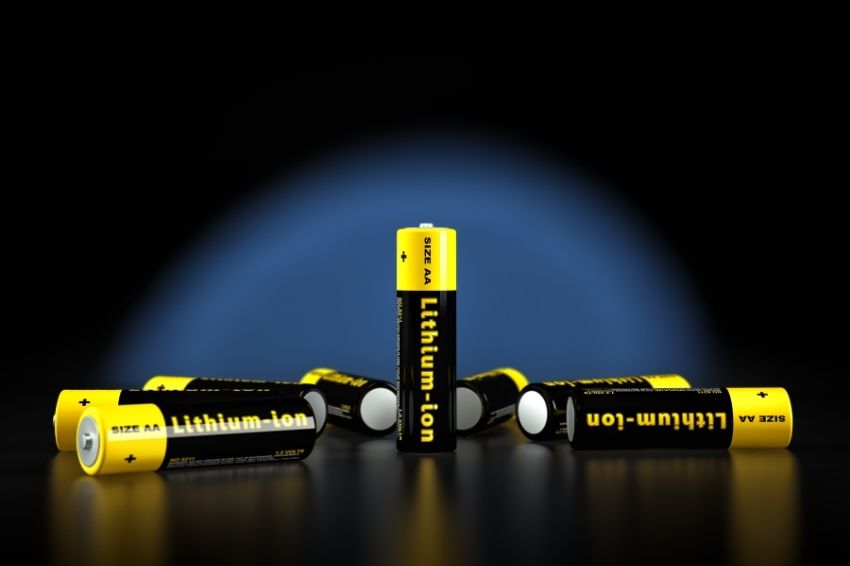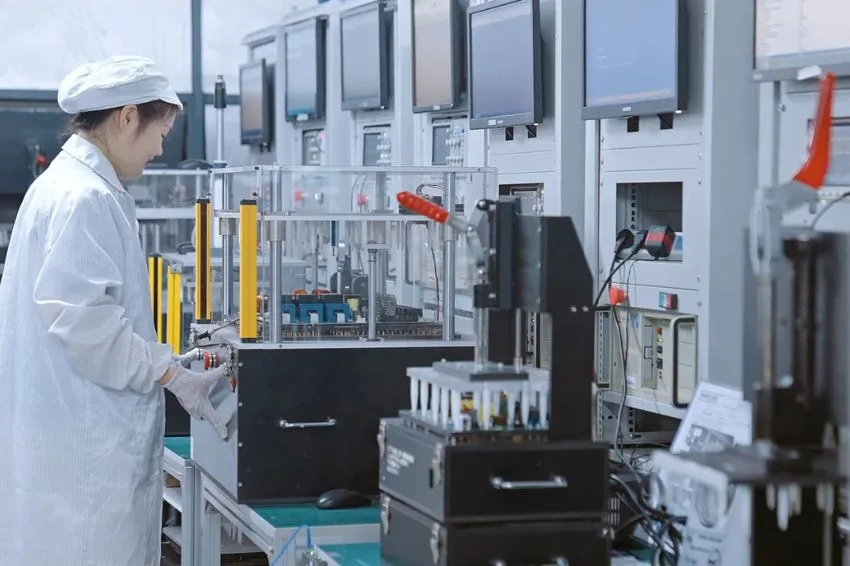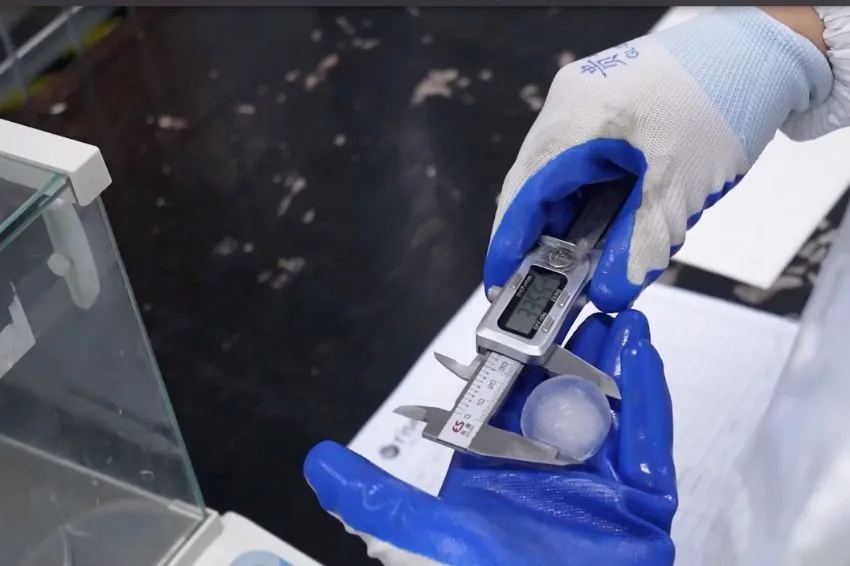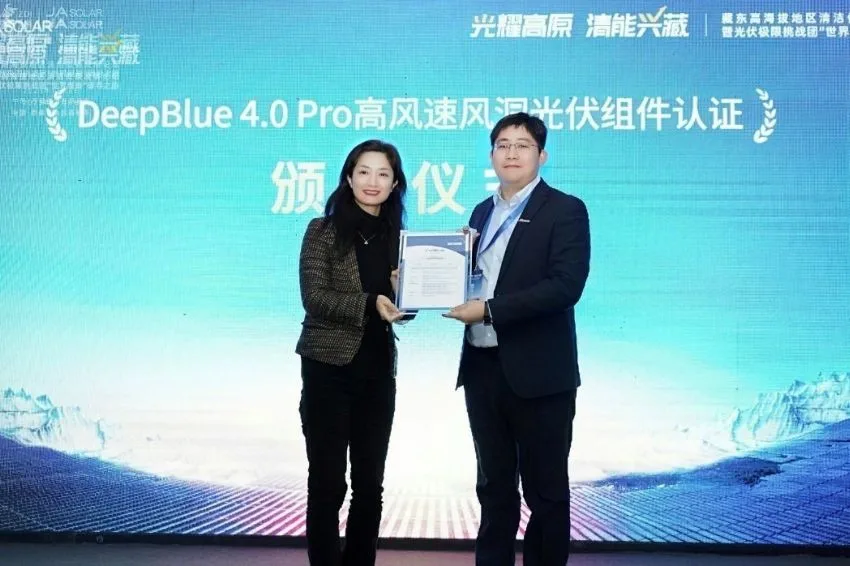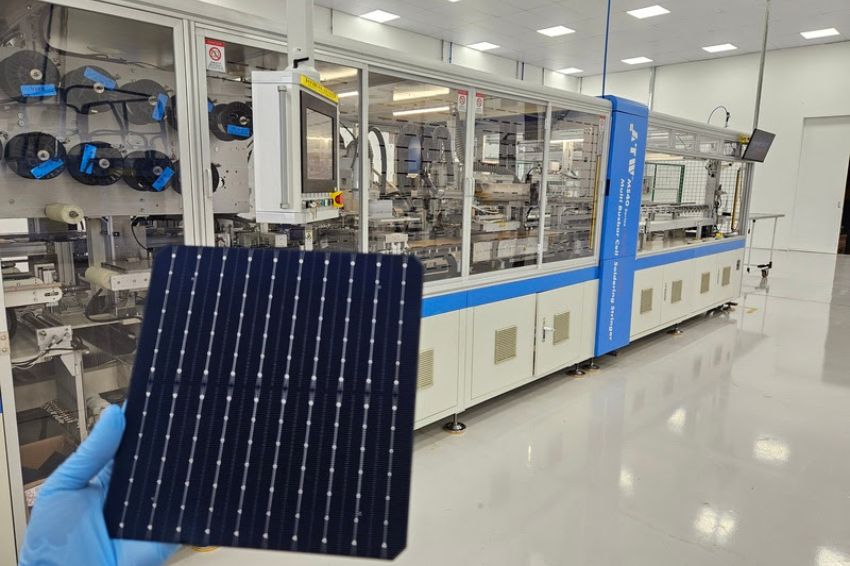Batteries are gaining more and more space in the renewable energy market. They can, for example, assist in the integration between solar energy and other sources – thermal, wind or hydraulic.
Furthermore, the lithium ion battery prices showed a significant drop in recent years, according to research carried out by BNEF (BloombergNEF).
Therefore, there is no doubt that this technology is a viable alternative in the search for greater system security and supply quality. But what are the precautions in applications that have batteries?
During a webinar promoted by Solar Channel, held this Tuesday (25), the researcher from CPqD (Center for Research and Development in Telecommunications), Maria de Fátima Rosolem, discussed the topic and pointed out precautions that must be taken to avoid degradation of the material.
“Batteries do not have infinite life. They store energy in the form of chemical compounds, but as they operate, reactions occur that degrade them. The higher the temperature, the greater the degradation reactions. When applying this technology, it is very important that the application provides means of thermal dissipation”, explained the specialist.
“Very low temperatures – below zero, for example – which is not the case in Brazil, form dendrites on the negative plate, mainly. Therefore, in colder countries, lithium batteries are cooled”, he said.
According to Maria de Fátima, batteries “like” temperatures around 25 °C. “If it is too high it will affect the useful life, if it is too low there will be an internal short circuit problem”, he highlighted.
Advantages of lithium batteries
Lithium, for example, can bring more longevity to batteries than lead acid, as well as greater depth of discharge. But why does this happen?
For the researcher, this occurs due to some internal characteristics of the charge and discharge reactions themselves. “The durability of a battery will be related to the recharge current. The faster it is, the shorter the useful life.”
Furthermore, lithium loses little in efficiency. It is a light metal, with low molecular mass and enormous electrochemical potential. It is an element that has all the peculiarities to store a large amount of energy in a small volume”, he added.
What is BMS?
According to the expert, the BMS (Battery Management System) is a piece of hardware that has two functions: management and control. “It will read the voltage of all cells, temperature, current and will control the variation range of these quantities. For example, if the battery reaches too high a voltage, the BMS cuts out; If it is too low, it will be taken out of operation – all for safety reasons.”
“If there is no control, we will see an energy imbalance between cells. Therefore, the BMS also balances the battery to last longer”, he reported.
“In other words, I have several cells operating and one has less energy than the other – which will limit my autonomy and capacity. In this case, this equipment has an entire algorithm that, when the battery is recharging, if it sees that there is a cell that is too low, it will take energy from one and put it into the other”, he explained.
Read more: BMS systems for lithium batteries
Furthermore, Maria de Fátima Rosolem emphasized that the BMS has two more algorithms. “One that gives an estimate of the state of charge – whether it is charged or not – and the other that estimates the state of health – that is, how the battery is degrading. In conclusion, [with the BMS] you will have a complete picture of the battery’s operation.”


